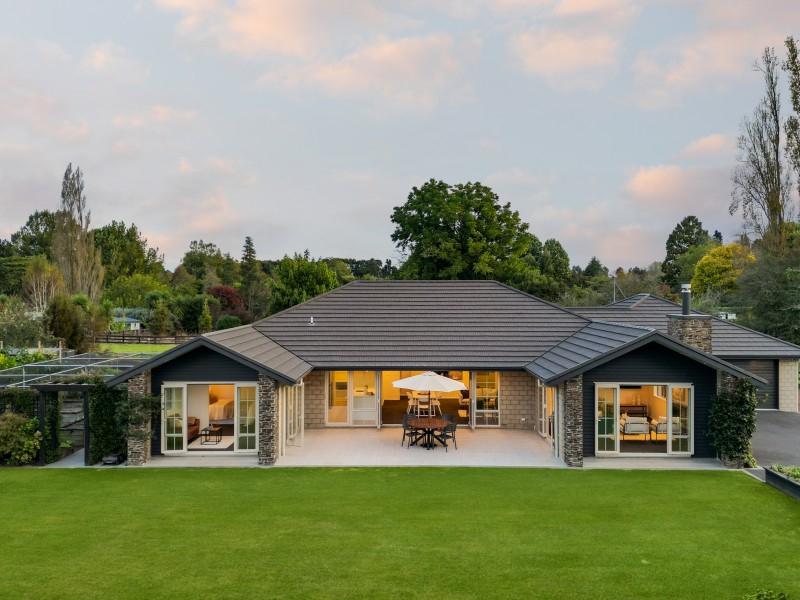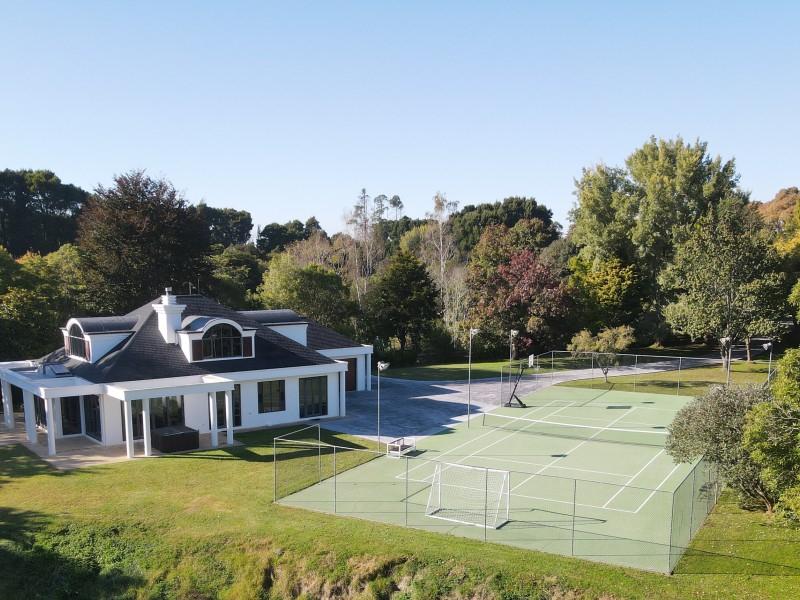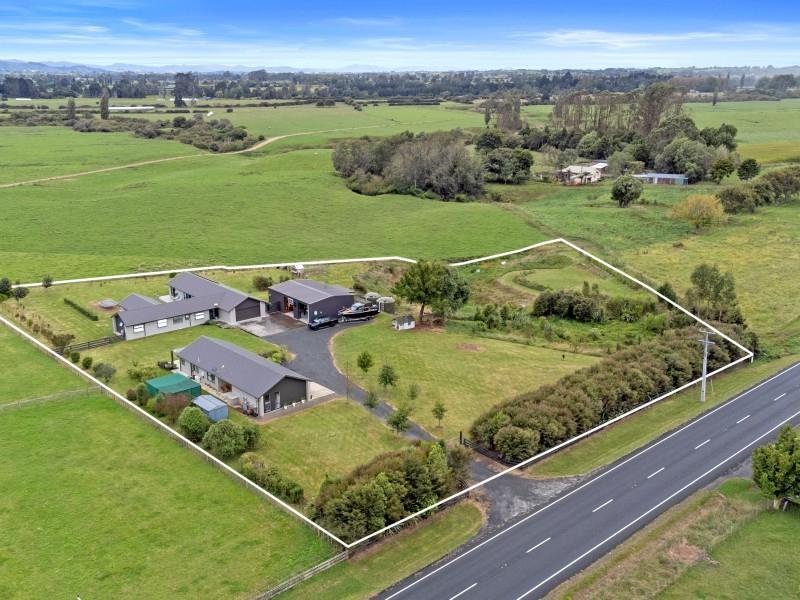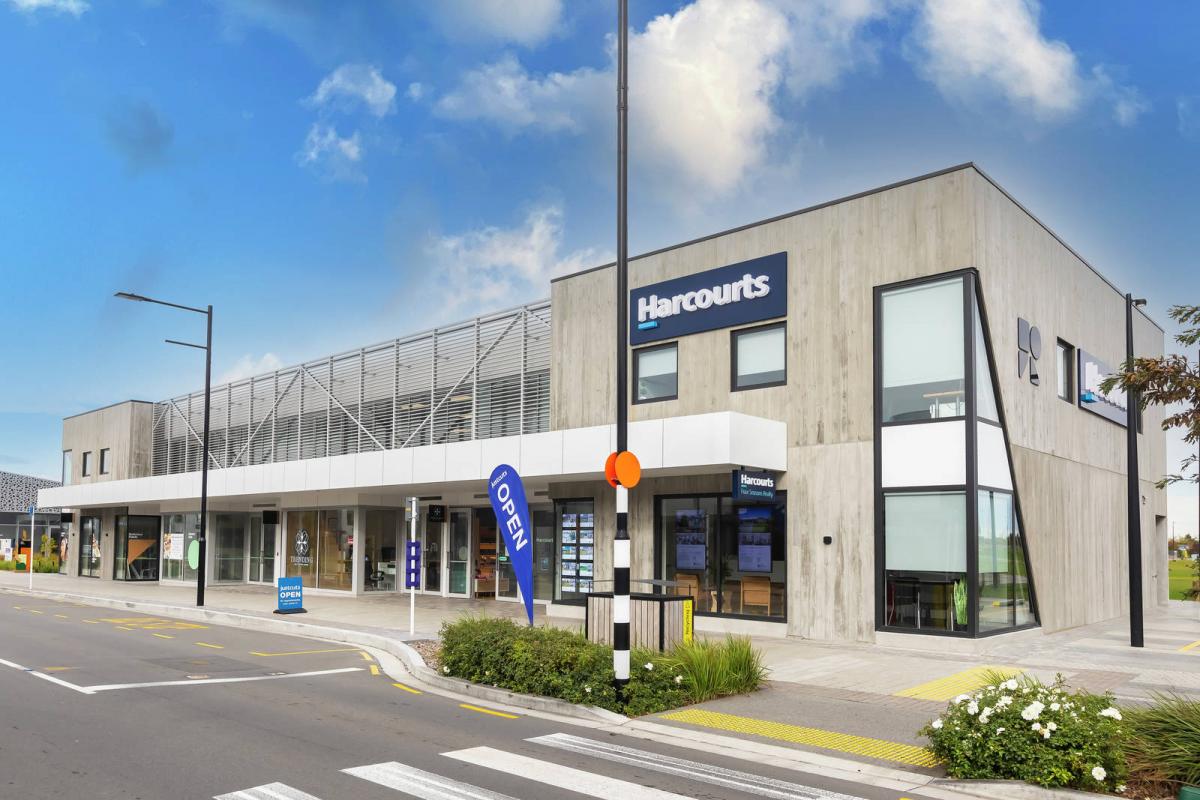Antivirus companies to Avoid
The things we do! The other day I was on the phone to Norton (also known as Symantec), an antivirus company, for a full 50 minutes. Every step of the way they tested our patience; they checked things that had already been checked, did things that didn’t need to be done. They were – of course – running out of some call center in India for maybe 50c an hour, so I used my limited compassion and let them waste both my and the clients time. But enough's enough. When you get to 50 minutes of wasted time and they still won't admit they've got a problem or give a refund, it's time to choose another antivirus company.
Norton has always had problems; when it's not their appalling customer service, or their labyrinthine uninstall processes, it's the problems they actually cause to machines they're meant to protect. In the mid-2000's, installing their software was considered worse than having a virus. Even in this decade they've been found to actually expose systems to increased risk by using outdated programming procedures. They're probably the number 1 company I tell people to avoid when they ask about antivirus software. There are others though.
There is a peculiar antivirus package floating around the net that I sometimes see on client's machines called "360 Total Security". Not to be confused with Norton 360, a product from the late 2000's, this appears to be a semi-legitimate antivirus package made in China. However, and this is where it gets odd, there have been reports of it sending information from users machines back to a server in china. This may be harmless, but like Huawei, could be part of a larger China government data-mining project. They have also been found guilty of providing fake products to antivirus comparison agencies, in order to get better ratings and make more sales.
Staying with China, there's also a well-meaning but flawed product called "Panda Antivirus". The main problem with Panda is that it has a habit of creating too many 'false positives', that is, detecting things as viruses which aren't actually viruses. In 2016 it incorrectly detected core system files on many windows computers as viruses and removed them, resulting in thousands of computers being unable to boot up or access the internet. Meanwhile from India we have "Quickheal", which has offices in NZ but one of the poorest detection records in the world.
Back on the western front, Trend Micro is another one I often recommend avoiding, for two reasons; poor programming and performance issues. It tends to be one of the slower antivirus packages – all antivirus packages slow down your system to an extent, but some are worse than others. But it's also guilty of some worrying security flaws: in 2016 it was found to contain code which would allow a hacker to silently steal any of the end user's passwords and usernames.
So enough whining, who do I recommend? Well, you've got several options. The best one, in my view, is probably Eset and their paid antivirus solutions. The company has an actual office in Auckland, so you can talk to real tech support people who aren't getting paid peanuts and will try and help you. More to the point though, they have the best antivirus packages in terms of performance and security. If you currently have a paid subscription to another antivirus product, talk to them; they should be able to give you a ‘crossgrade’ discount.
Also of note is "Avast". While it may sound somewhat scurvy, Avast is a legitimate, reputable antivirus company with both paid and free products, and it does extremely well in both detection and performance categories. The free version will of course bug you to upgrade to a larger product, but there's little advantage to doing it (so just ignore the ads). AVG, another antivirus product which used to be it's own company, is actually owned by Avast now. So you’ll get the same protection from both, but I've personally found AVG's interface to be a little less reliable and workable.
Lastly, there's the built-in antivirus that comes standard with Windows 10, also known as 'Defender'. It is better than nothing, doesn't cost a cent and won't bug you to upgrade to anything, but it's worth noting that it consistently performs worse in it's detection statistics than the paid solutions. It is fine for lightweight computer use and internet browsing, though if you're going further afield on the net, you may need something sturdier. I hope all this helps your purchasing decisions. Then perhaps the hours I’ve spent trying not to swear at customer service reps for large antivirus corporations will not have been in vain.
Email Matt on info@homepcsupport.co.nz or phone 0211348576. $60 per hour or $50 for Grey Power members.

Lest we forget...
On this ANZAC Day, let's take a moment to remember and honor the brave men and women who have served and continue to serve our country.
Tell us who are you honouring today. Whether it's a story from the battlefield or a memory of a family member who fought in the war, we'd love you to share your stories below.

Poll: Does the building consent process need to change?
We definitely need homes that are fit to live in but there are often frustrations when it comes to getting consent to modify your own home.
Do you think changes need made to the current process for building consent? Share your thoughts below.
Type 'Not For Print' if you wish your comments to be excluded from the Conversations column of your local paper.

-
91.4% Yes
-
8.2% No
-
0.4% Other - I'll share below!
Revamp an open wardrobe
Cut visual clutter and give tired shelves new life with doors and colourful Resene paint.

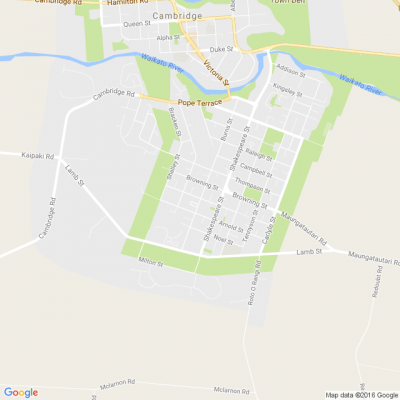
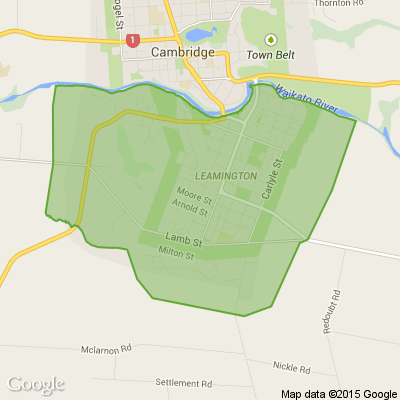





 Loading…
Loading…





